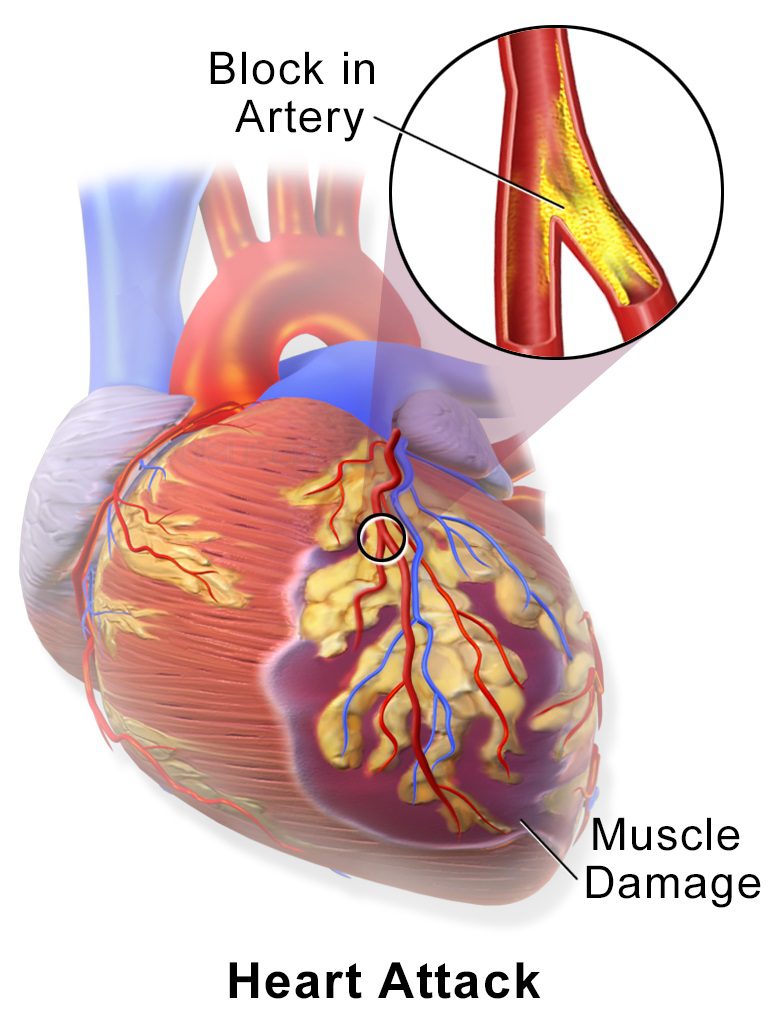What Is Acute Coronary Syndrome (ACS)?
Many people hear the term “acute coronary syndrome” related to heart attack. But just what is it? Acute coronary syndrome (ACS) is a life-threatening form of coronary heart disease (CHD) that occurs when the heart muscle does not receive enough oxygen-rich blood. ACS includes myocardial infarction (MI), also known as a heart attack, and unstable angina, or sudden, severe chest pain that typically occurs when a person is at rest.
Every year, ACS affects an estimated 1.4 million people in the United States and another 1.4 million people in Europe. Even though patients receive intense ACS management while in the hospital, new treatments are needed to reduce the risk of acute heart attack, stroke, and cardiovascular death. ACS patients receive anticoagulant drugs but this treatment is limited to the hospital.
Read more on Cardiology in Iran

